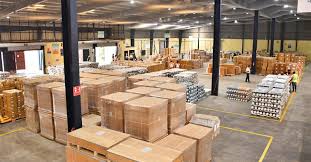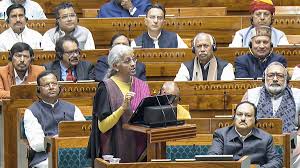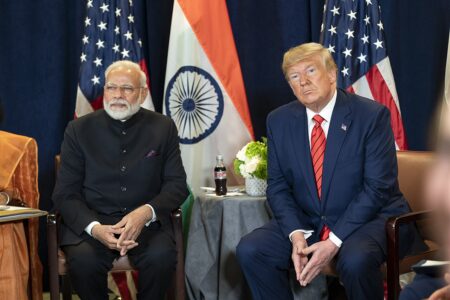Offering insights, Ajay Khosla, General Manager (Sales and Operations), MRC Logistics (India), emphasises collaborative efforts and regulatory adherence in sustainable pharmaceutical waste management, crucial for navigating the complex logistics of India’s pharmaceutical industry.

Effective reverse logistics hinges on meticulous planning, regulatory adherence, and robust technological solutions
The Indian pharmaceutical sector stands tall among global competitors, boasting immense volume and stellar export figures. With a worth of $42 billion USD in 2021, it caters to both local and international markets, offering affordable generic medications to millions.
Complex logistics
Beneath this accomplishment is a complicated logistical network entrusted with effectively providing these life-saving pharmaceuticals around the globe. Streamlining pharmaceutical logistics in India is critical for guaranteeing an ongoing supply of medications for patients. Reverse logistics is an important part of the pharmaceutical industry’s entire supply chain management process. It comprises the planning, implementation, and management of the movement of pharmaceutical items from their final destination back to the producer, which includes the process of recalls, recycling, or disposal.
Stakeholder collaboration
Manufacturers, distributors, wholesalers, retailers, healthcare facilities, LSPs, regulatory authorities, recycling facilities, and waste management companies are some of the stakeholders involved in reverse logistics distribution in the pharmaceutical business. Effective collaboration and coordination among these varied stakeholders is essential for ensuring the safe and compliant management of pharmaceutical goods throughout the reverse supply chain in India’s pharmaceutical sector.
Driving sustainability
Many pharmaceutical firms initiate recycling programs or partner with waste management organisations to dispose of unwanted drugs safely. Reverse supply chains aid in resource conservation by reclaiming and recycling usable pharmaceuticals, thereby reducing waste and benefiting both producers and consumers financially.
Safe handling and disposal
Effective reverse logistics hinges on meticulous planning, regulatory adherence, and robust technological solutions. Proper management of product returns, expired medications, and waste disposal is vital for reducing environmental impact and safeguarding patient health through safe transportation, recycling, and disposal methods.
Challenges
India faces significant challenges in managing pharmaceutical waste. Despite existing regulations, enforcement and compliance remain inadequate. Insufficient infrastructure in healthcare facilities leads to improper disposal methods like landfill dumping or open burning, posing environmental hazards.
Sustainable solutions
To tackle these hurdles, strengthening waste management regulations, improving infrastructure, and raising stakeholder awareness are imperative. Embracing eco-friendly disposal practices such as recycling and controlled incineration demands collaborative efforts among governmental bodies, healthcare institutions, pharmaceutical companies, and environmental advocates.
As the Indian pharmaceutical industry continues to thrive, effective reverse logistics emerges as a cornerstone of its sustainable growth. By navigating the complexities of logistics, fostering stakeholder collaboration, and embracing environmentally conscious practices, the industry can ensure a safer, healthier future for all.











